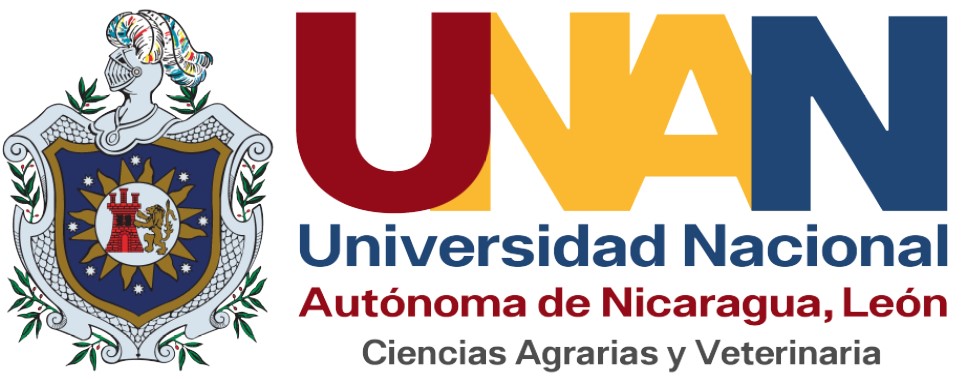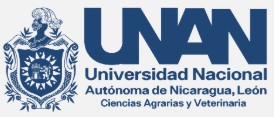The methodology of investigation evaluative an alternative for the project valuation
DOI:
https://doi.org/10.5377/ribcc.v3i5.5945Keywords:
Evaluation, CIPP model, Educational programs, ViewAbstract
The present essay focused on a review of the literature about research methodology
evaluative in order to deepen this relevant model in the evaluation of projects
social and especially educational, for their flexibility and rigor in terms of time, space,
actors, objectives and results. In this sense, the conceptualization of the study indicates that the evaluative research be understood as a rigorous, controlled and systematic process of collection and analysis of valid and reliable information to make decisions about the program educational. In addition, this essay presents a summary of the models and visions of the evaluative research in education, analyzing the CIPP model as its types of evaluation.
Downloads
Metrics
References
Alkin, M. (1969). Evaluation theory development, Evaluation Comment, 2 (1), 2-7
Argilaga, M. T. A. (1989). Innovaciones en la metodología de la evaluación de programas. Anales de Psicología/Annals of Psychology, 5, 13-42.
Borouch, R. F. & Wortman, P. M. (1979). Implications of educational evaluation for evaluation policy. Review of Research in Education, 7(1), 309-361.
https://doi.org/10.3102/0091732X007001309
Cook, T.D., Reichardt, Ch. S. (2005). Métodos cualitativos y cuantitativos en Investigación Evaluativa. Madrid: EDICIONES MORATA.
Cordray, D. S. & Lipsey, M. W. (1987). Evaluation studies for 1986: Program evaluation and program research. In D. S. Cordray & M. W. Lipsey (Eds.): Evaluation studies review annual, vol. 1, (p. 17-44) .
Correa Uribe S.; Puerta Zapata A.; Restrepo Gómez B. (1996). Investigación Evaluativa. ICFES. Bogotá.
Cronbach, L. (1982). Designings evaluations of educational and social programs. Jossey-Bass, Chicago
De la Orden, A. (1985). Investigación evaluativo. En Arturo De la Orden. (Ed.) (pp. 133-137): Investigación educativa. Diccionario de Ciencias de la Educación. Madrid:Anaya.
Escudero Escorza, T. (2004). Las tesis de Cronbach sobre la evaluación de programas: El pensamiento de un maestro. Zaragoza, 149-158.
Escudero Escorza, T. (2005). Contextos educativos. Claves identificativas de la investigación evaluativa: Análisis desde la práctica. Zaragoza: Universidad de Zaragoza.
https://doi.org/10.18172/con.563
Ramos, J. M. G. (1991). Recursos metodológicos en la evaluación de programas. Bordón. Revista de pedagogía, 43(4), 461-476.
Guba, E. G., & Lincoln, Y. S. (1989). Fourth generation evaluation Sage Publications. Newbury Park, CA.
Herreras, E. B. (2003). Metodología de la Investigación Evaluativa: Modelo CIPP1. Revista Complutense de Educación. 14(2), 361-376.
Del Rincón, D., Arnal, J., & Latorre, A. (1996). Bases metodológicas de la investigación educativa. Barcelona: GR2.
Martínez, C. (1996). Evaluación de programas educativos. Investigación evaluativa. Modelos de evaluación de programas. Madrid: UNED.
Medina Rivilla, A. & Villar Ángulo, L. M. (1995). Evaluación de programas educativos, centros y profesores. Madrid: Editorial Universitas. S.A.
Miller, J. V., & Grisdale, G. A. (1975). Guidance Program Evaluation: What's Out There?. Measurement and Evaluation in Guidance. 8(3), 145-152.
https://doi.org/10.1080/00256307.1975.12022683
Pina, F. H. (1993). Concepciones en el estudio del aprendizaje de los estudiantes universitarios. Revista de investigación educativa, RIE, 11(22), 117-150.
Rivas, H M. (2010).La investigación evaluativa una alternativa para la valoración de proyectos educativos: caso circulos de aprendizaje. Colombia
Rodgers, R. F. (1979). A student affairs application of the CIPP evaluation model. Evaluation in Student Affairs. American College Personnel Association.
Scriven, M. (1994). Evaluation as a discipline. Studies in Educational Evaluation. 20 (1), 147-166
https://doi.org/10.1016/S0191-491X(00)80010-3
Stufflebeam, D. L., & Shinkfield, A. J. (1987). Evaluación sistemática: guía teórica y práctica (No. 371.26 S933e). Paidós.
Stufflebeam, D. L. y Shinkfield, A. J. (1987). Evaluación sistemática. Guía teórica y práctica. Barcelona: Paidos/MEC.
Stufflebeam, D.L. (1971). Educational Evaluation and Decision-making, F.E. Peacock Publishing, Itasca, Illinois.
Tejedor, F. J. T., Muñoz-Repiso, A. G. V., & Conde, M. J. R. (1994). Perspectivas metodológicas actuales de la evaluación de programas en el ámbito educativo: Ponencia II. Revista de investigación educativa, RIE, 12(23), 93-128.
Downloads
Published
How to Cite
Issue
Section
License
Copyright (c) 2018 Revista Iberoamericana de Bioeconomía y Cambio Climático

This work is licensed under a Creative Commons Attribution-NonCommercial-ShareAlike 4.0 International License.
Copyright © 2025 Rev. iberoam. bioecon. climate change. National Autonomous University of Nicaragua León (UNAN-León), Knowledge Area of Agrarian and Veterinary Sciences / Specific Area of Agroecology and Agribusiness / Center for Research in Agrarian Sciencies. Academic Directorate. Research Department. Publication and scientific events Unit.












 EDITORIAL
EDITORIAL e-ISSN
e-ISSN


 COPYRIGHT
COPYRIGHT This work is licensed under a Licencia Internacional
This work is licensed under a Licencia Internacional 












